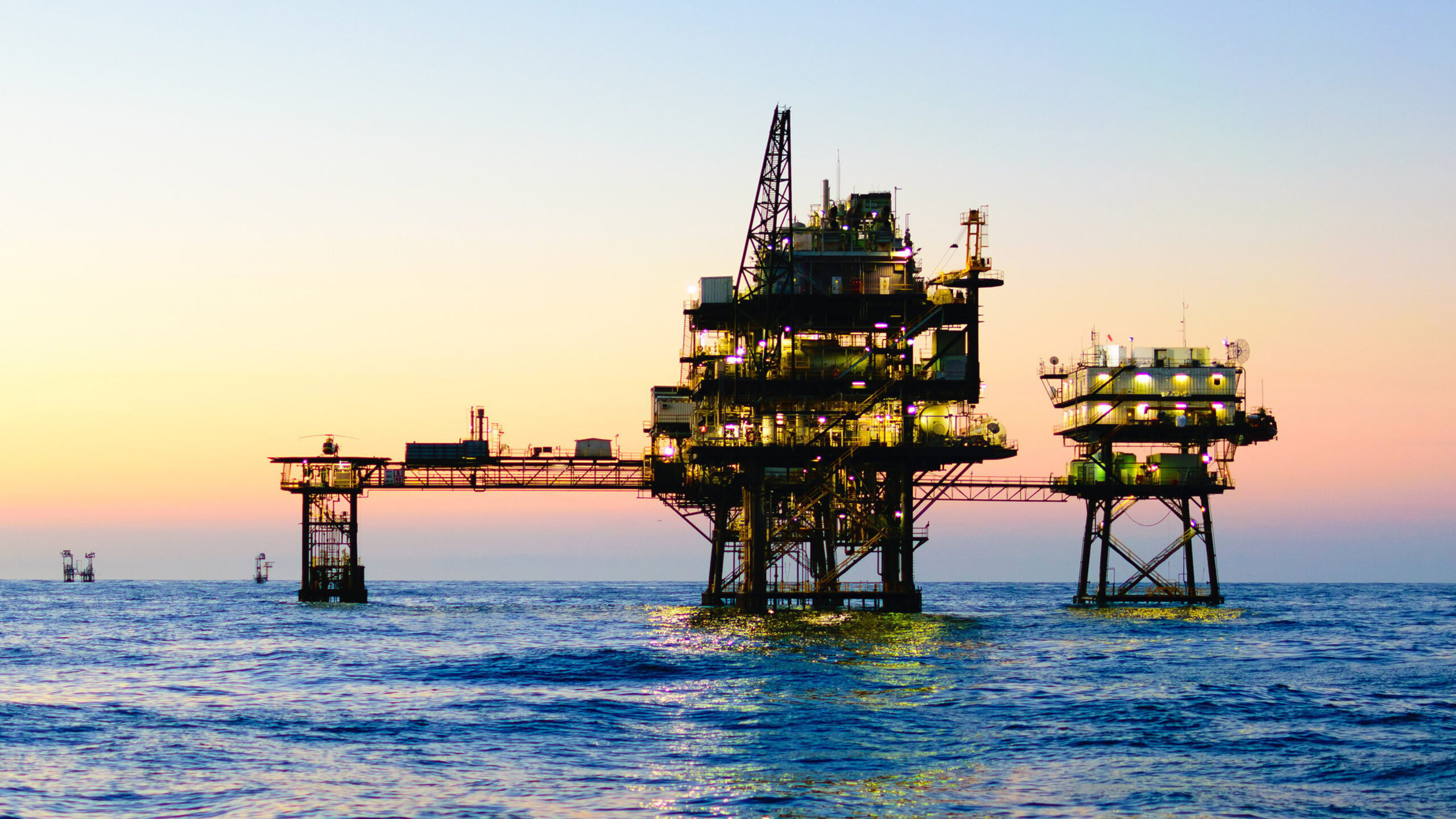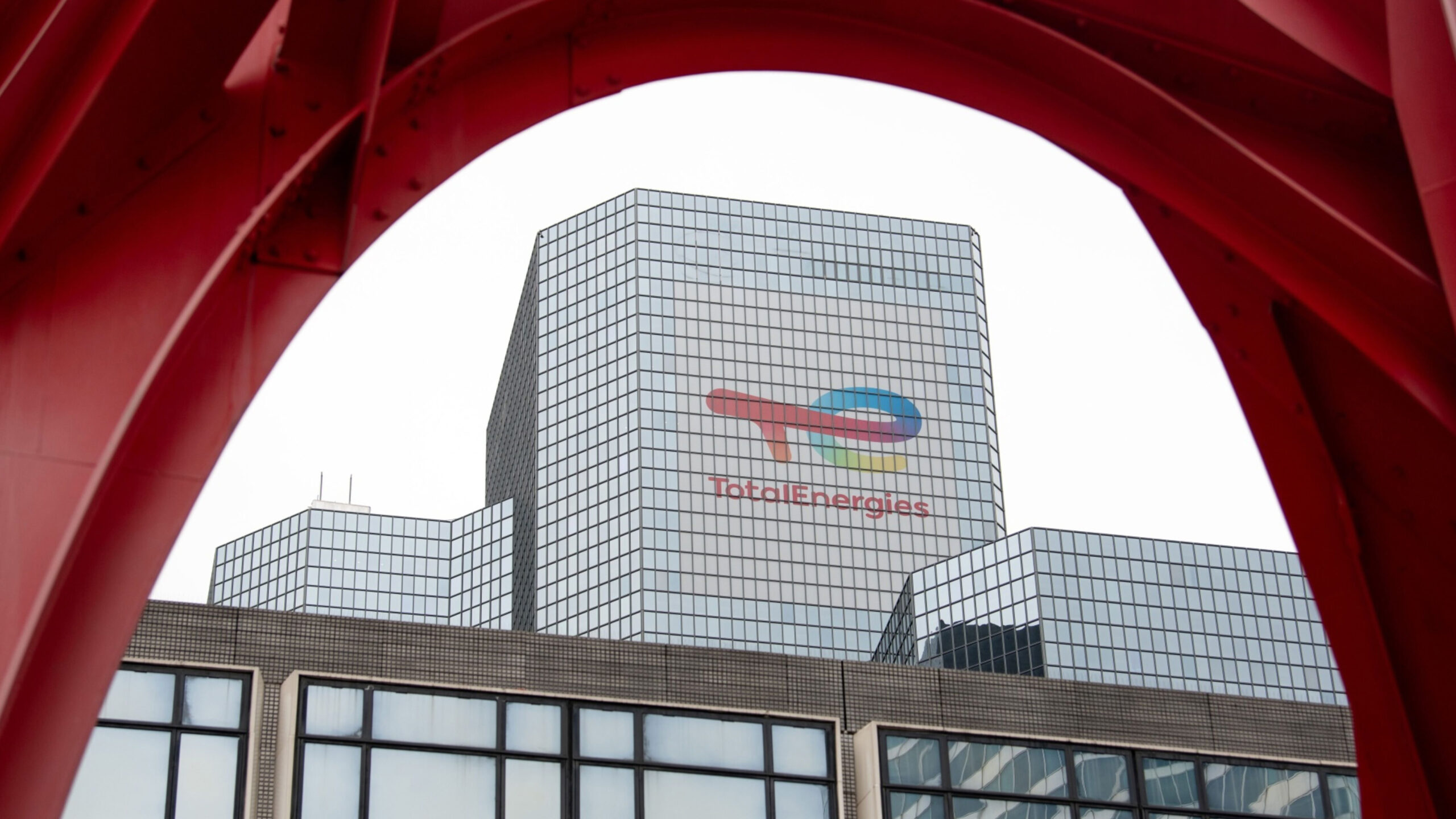
IEEFA slams Eni for ‘carbon bomb’ gas field plan following sustainability-linked bond issuance
![An Eni refinery in Italy. The oil and gas company denies its sustainability-linked retail bond ‘is linked to financing specific gas projects, [including] Verus’. (Photo: Miguel Medina/AFP via Getty Images)](https://www.sustainableviews.com/wp-content/uploads/2023/05/Eni-refinery-GETTY-scaled.jpg)
Think-tank says the deal to develop a major gas field in Australia contradicts the Italian energy giant’s carbon reduction pledges.
Italian energy company Eni’s plans to develop a gas field in Australia are inconsistent with climate pledges made to the retail investors who invested in its first sustainability-linked bond, said the Institute for Energy Economics and Financial Analysis.
Non-profit think-tank IEEFA described Eni’s ‘carbon bomb’ Verus project – so-called because it has the potential to emit over a gigaton of CO₂ – as “one of the most CO₂ intensive gas fields in the world that will be used for liquefied natural gas exports”.
“Eni’s plans are at odds with the objectives it pledged to the Italian investing public when raising €2bn through its first sustainability-linked bond issue to retail investors,” the IEEFA said, adding this would set the company back on its goal of net zero by 2035 for Scope 1 and 2 emissions from oil and gas.
However, Eni denied this. A spokesperson said: “The development of the Verus project is consistent with Eni’s objective of achieving Scope 1 and 2 carbon neutrality in all its businesses by 2035, a goal we confirm once again. Moreover, by 2030 Eni is targeting net zero Scope 1 and 2 emissions in its upstream operations (of which Verus is part), one of the emissions reduction goals to which the retail bond is linked.
“In particular, the development of Verus would include the use of capture and storage of CO₂ to supply decarbonised energy in line with Eni’s objectives.”
Lack of disclosure
Eni is 30 per cent-owned by the Italian government, and also has a large retail investor base amounting to 14 per cent of its issued shares. Besides a 2021 promise to decarbonise all of its products and processes, in 2022 it pledged a 35 per cent drop in its absolute net Scope 1, 2 and 3 emissions by 2030 and a 80 per cent cut by 2040, compared with 2018 levels.
In January, Eni raised €2bn from the Italian public through its first sustainability-linked bond issuance. The deal attracted enormous demand, with more than 300,000 investors making requests worth more than €10bn, an Italian record for a single tranche corporate bond aimed at retail investors.
The bond will pay a gross yearly coupon of 4.30 per cent until maturity in February 2028, unless Eni fails to achieve sustainability targets linked to its renewable energy installed capacity and Scope 1 and 2 emissions for its upstream carbon footprint. If one of the two targets are not met, the interest rate for the coupon will be increased by 0.50 per cent.
However, the IEEFA claims that days after the bond was issued, Eni gave a briefing in Australia setting out its plans for the Verus gas field (previously known as Evans Shoal). According to the non-profit, when Eni issued its sustainability-linked bond, it did not disclose the Verus project to Italian investors.
The IEEFA also suggested that Eni could use proceeds from the bond to finance Verus.
Eni acquired a stake in the northern Australia site in 2017 from Shell, taking its ownership to 65 per cent and making it the site’s operator. At the time, Eni estimated it held at least eight trillion cubic feet of raw gas. Osaka Gas, one of the other two remaining equity holders, subsequently elected not to continue with the site and Eni and Petronas, the other equity holder in addition to Eni, received shares on a pro rata basis from Osaka Gas, taking the Italian company’s share of the site to 72 per cent with Petronas owning the remaining shares.
The project is listed in slides for an Eni capital markets presentation in February under “low carbon and competitive pipeline of gas projects in key global regions”.
Higher carbon costs
Eni plans to use Verus gas to fuel a train at a Darwin liquefied natural gas site, according to the IEEFA, which estimated the field contains up to 27 per cent CO₂, making it the most carbon-intensive gas field in Australian waters to be developed for exports. This would not only hit Eni’s sustainability pledges but it would also hamper Australia’s own emissions reduction ambitions, warned the IEEFA.
The project will be subject to Australia’s “safeguard mechanism”, designed to ensure the country’s biggest carbon emitters contribute to national emissions reduction. The mechanism, which came into force in 2016, sets an annual baseline for the biggest emitters’ facilities covering most of their Scope 1 emissions.
Following reforms to the mechanism, from July Australia’s largest emitters must cut emissions at a pace that will support the nation’s goal of slashing national greenhouse gas emissions to 43 per cent beneath 2005 levels by 2030.
Under the safeguard mechanism, Verus faces higher carbon costs than other gas fields given its higher CO₂ content, said the IEEFA. “As greenwashing claims have become a focus for regulators in the US, Europe and Australia, Eni’s sustainability credentials should not only come under greater regulatory scrutiny but investors should also be asking questions,” it added.
One non-profit organisation, which did not wish to be named, told Sustainable Views: “Our stance is that any kind of financing for new gas fields is totally at odds with what we must do on climate. [Sustainability-linked bond] targets need to be consistent with the overarching sustainability challenge the planet faces; anything going against that should simply not be put out there.”
An Eni spokesperson said: “The connection made by the authors of the report between a savings instrument – in which thousands of Italians have believed and invested – and an alleged non-existent ‘carbon bomb’ [is] incomprehensible and improper to us.
“It’s not true that the sustainability-linked retail bond that Eni issued in January is linked to financing specific gas projects, [including] Verus. The bond proceeds have the sole objective of keeping Eni’s financial structure balanced while further diversifying the company’s financial sources.”
Similar Articles

In Brief: EU directs funds to sustainable fisheries; ethical tax standards released

In Charts: Canada, Japan, South Korea ‘blocking clean energy transition’ with fossil fuel finance


